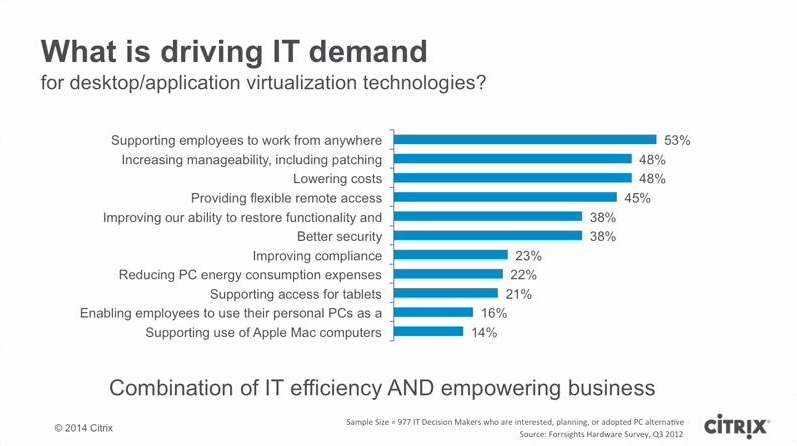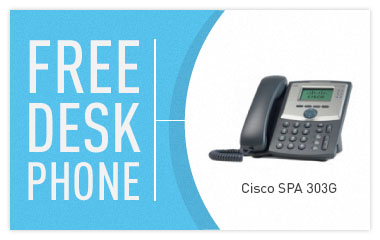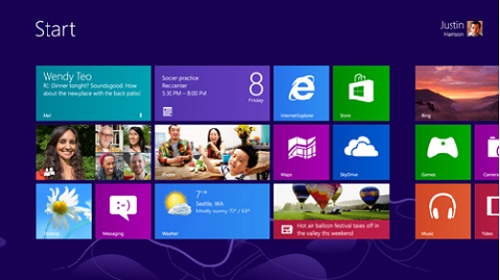The next generation of machines are going to be so powerful.
Get your servers out of the closet, and move your workload to the cloud with Critical Cloud by Critical Consulting.
IDG News Service – Intel has added up to 15 cores in its latest Xeon E7 v2 family of server processors, but is stressing in-memory computing improvements with the latest chips.
The latest Xeon E7-4800 v2 chips, which are based on the Ivy Bridge microarchitecture, will be Intel’s fastest server processors to date. The chips will go into high-uptime servers with up to 32 sockets, which typically handle enterprise applications such as databases, analytics tools and enterprise resource planning (ERP) software.

Intel’s Xeon E7 v2 processor silicon
The new chips will have the most cores ever put in an Intel chip, and will boost server performance in a power-efficient way. Intel’s Xeon E5 v2 server chips, which shipped in the third quarter, have 12 CPU cores. Advanced Micro Devices, which also ships x86 server processors, has a maximum of 16 cores in its chips.
Applications tied to in-memory computing such as databases will get a boost with new throughput features and memory capacity of 1.5TB per socket. The Xeon E7 v2 chips, code-named Ivytown, will run at clock speeds between 1.4GHz and 3.8GHz, and draw between 40 watts and 150 watts of power. Intel is shipping 20 new chips in that family with between two and 15 cores.
The new E7 chips are two times faster than their predecessors released last year, said Diane Bryant, senior vice president and general manager of Intel’s Data Center Group, during a webcast.
There is a two-and-a-half-times increase in memory bandwidth, and the I/O capabilities have scaled up four times thanks to more data transfer lanes. Another new feature is support for the PCI-Express 3.0 protocol, which is already available on Intel’s midrange Xeon E5 server chips. With support for multithreading, the 15-core Ivytown chip will be able to run 30 threads simultaneously.
The chips are targeted at sectors such as finance and oil and gas that need high-uptime servers and deal with large data sets to make real-time decisions, Bryant said.
Bryant provided the example of credit card companies using real-time analytics with social media information to identify fraud. For such tasks, high levels of processing and reliable servers are needed to generate real-time results, which is where the E7 v2 chips fit in, Bryant said.
Software from Microsoft, Oracle and SAP will take advantage of the processing and reliability features on the new server chips, Bryant said.
The chip also has 37.5MB in cache, which is an important performance booster. Data is transferred from processor to cache, and a large amount of cache will play a key role in boosting the performance of in-memory applications, said Dean McCarron, principal analyst at Mercury Research.
“When you have that larger amount of memory that close to the CPU, you get a significant performance boost from applications,” McCarron said.
Rack servers with the new E7 v2 chips will have larger memory capacity, which will help process data and respond to queries quicker than predecessor chips, server makers said. Hewlett-Packard and Dell are among 21 server makers that are shipping or will announce products based on Intel’s new server chip family.
Dell announced the new PowerEdge R920 server, which will run on the new Intel chips. The server is twice as fast in responding to Oracle queries, said Brian Payne, executive director of server solutions.
The four-socket R920 will support up to 6TB of memory. The server will have the ability to virtualize more workloads and transfer them to memory faster, Payne said.
“Behind the memory, the focus is on having a very fast, capable storage tier,” Payne said.
The PowerEdge R920 is compatible with the NVMe (Non-Volatile Memory Express) storage interface, an emerging protocol for solid-state drives. NVMe is expected to replace protocols such as SATA, which is the primary interface for hard drives.
Hewlett-Packard announced the Proliant DL580 Gen8 server, which is also a four-socket server with support for up to 6TB of memory. The server is targeted at data-intensive workloads and “big-data analytics,” said Kate O’Neill, director of global marketing of HP’s server group.
“We see huge trends in volumes of data dramatically increasing and the velocity of data and how it is handled,” O’Neill said.
HP claimed a 2.3 times improvement in server performance compared to predecessors, and twice the SSD performance with the company’s Smart Array SAS controllers. HP is also claiming 2.7 times better I/O performance with support for PCI-Express 3.0.
HP has placed its bet on the power-efficient Moonshot system, which has smaller ProLiant server cartridges, is based on x86 and will also in the future run on ARM-based chips. But that server is targeted at Internet-scale Web and cloud workloads, while high-end systems like the DL580 Gen8 are for organizations in the telecom, financial and other sectors that require high-uptime servers. Intel has built some new reliability, availability and serviceability features into the chip that can correct data errors.
The server makers also said the Xeon E7 v2 will impact server design and consolidate systems. More performance can be packed in fewer servers, which could lower electric bills.
Agam Shah covers PCs, tablets, servers, chips and semiconductors for IDG News Service. Follow Agam on Twitter at @agamsh. Agam’s e-mail address is agam_shah@idg.com























